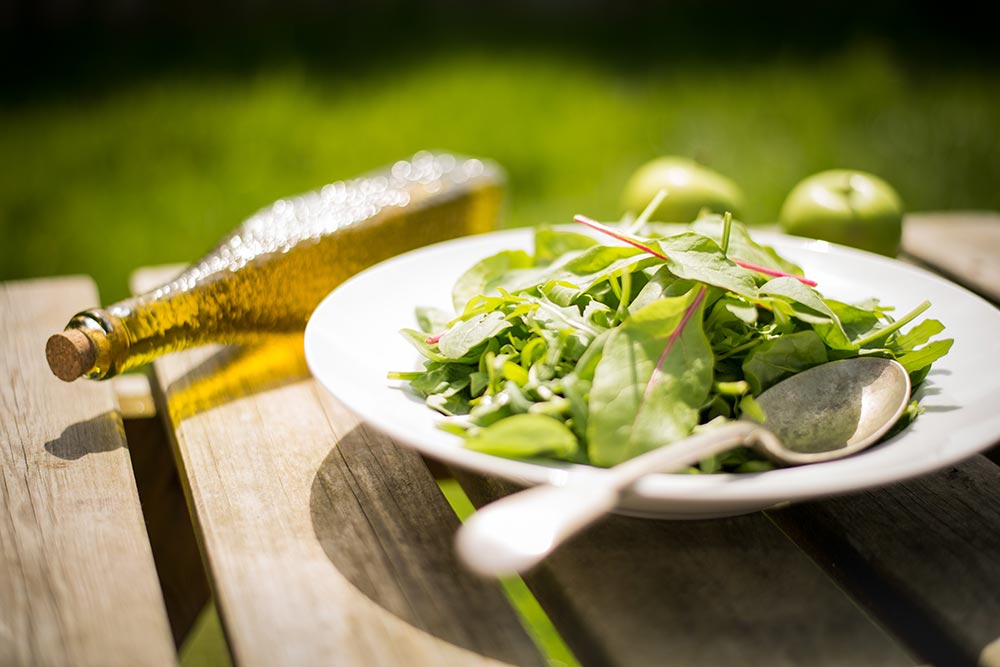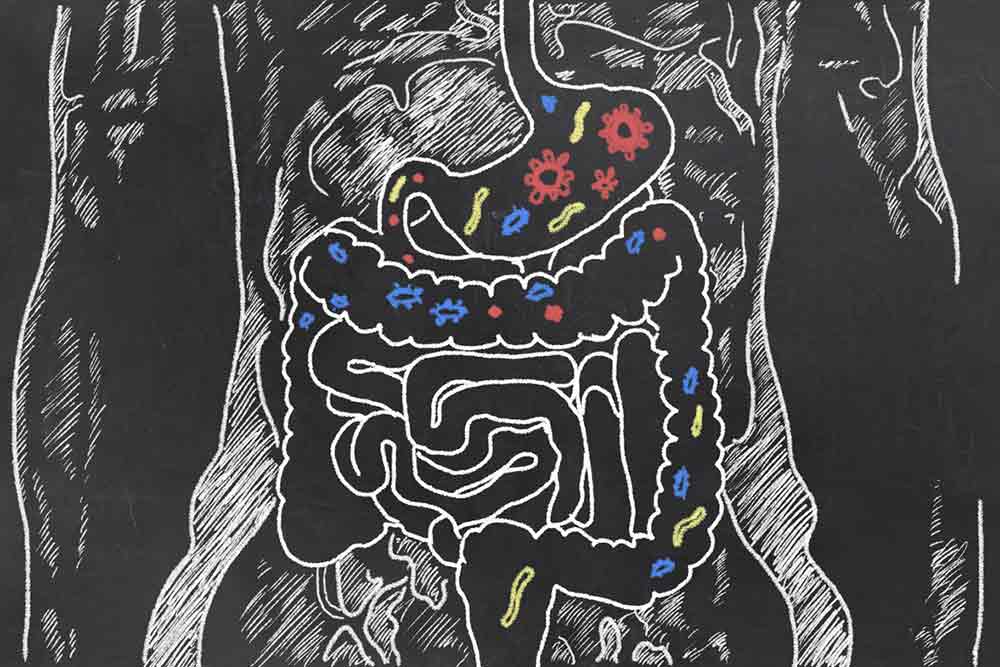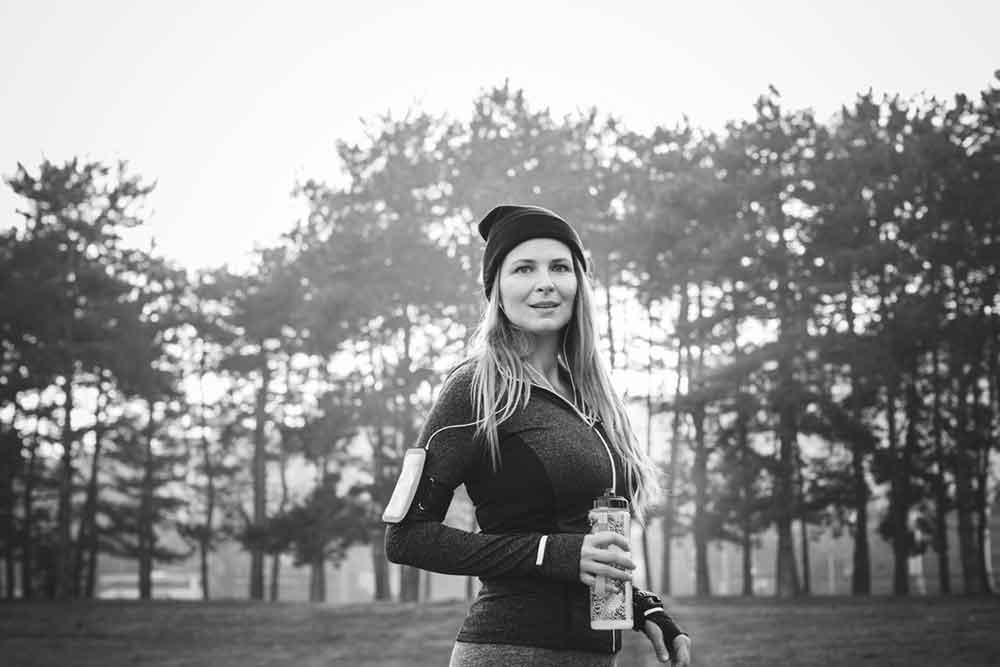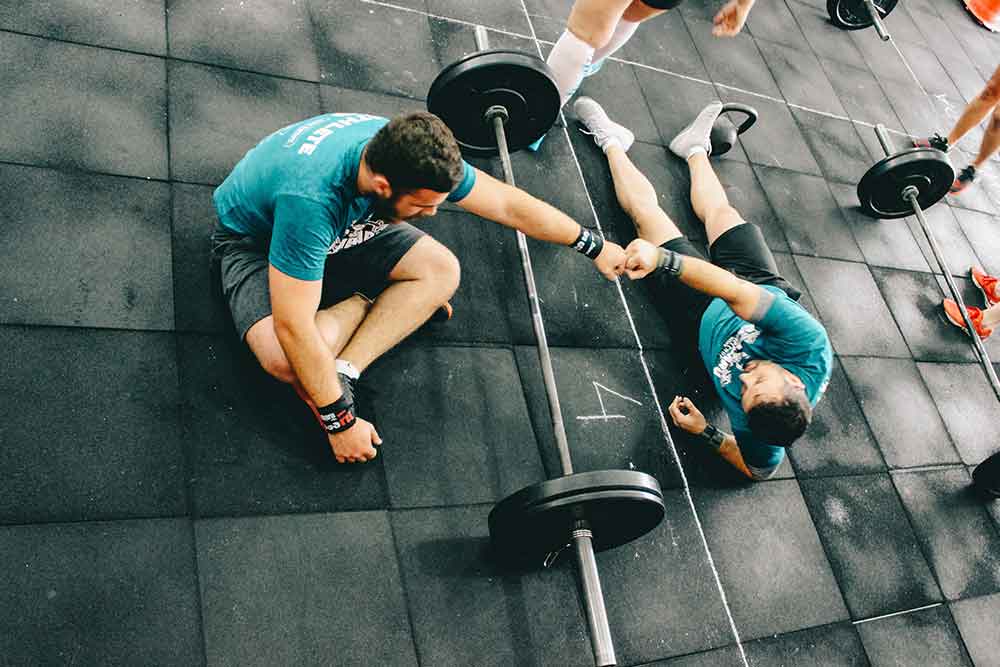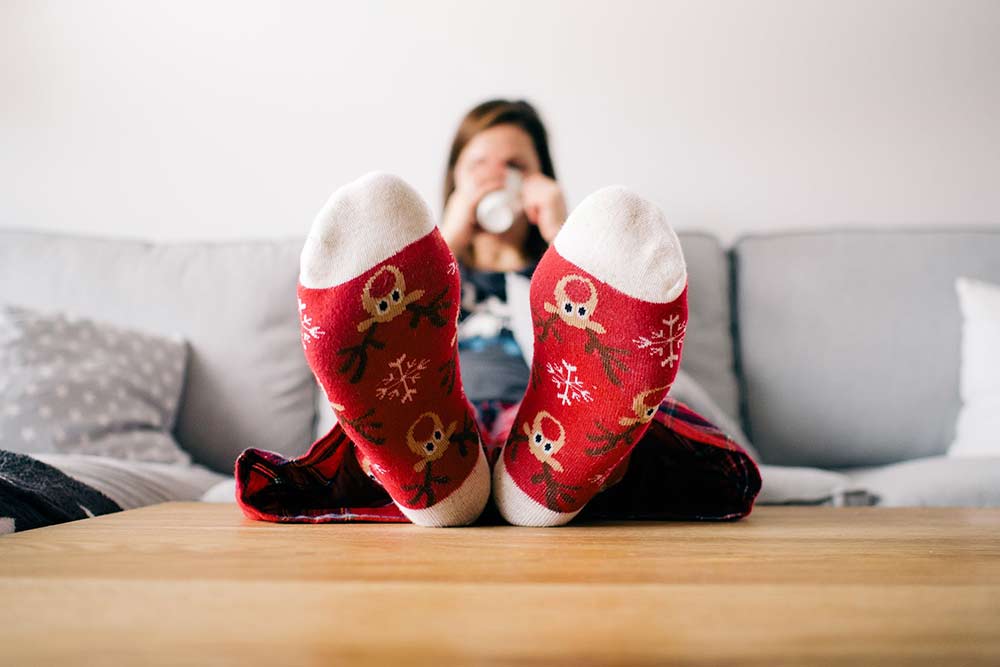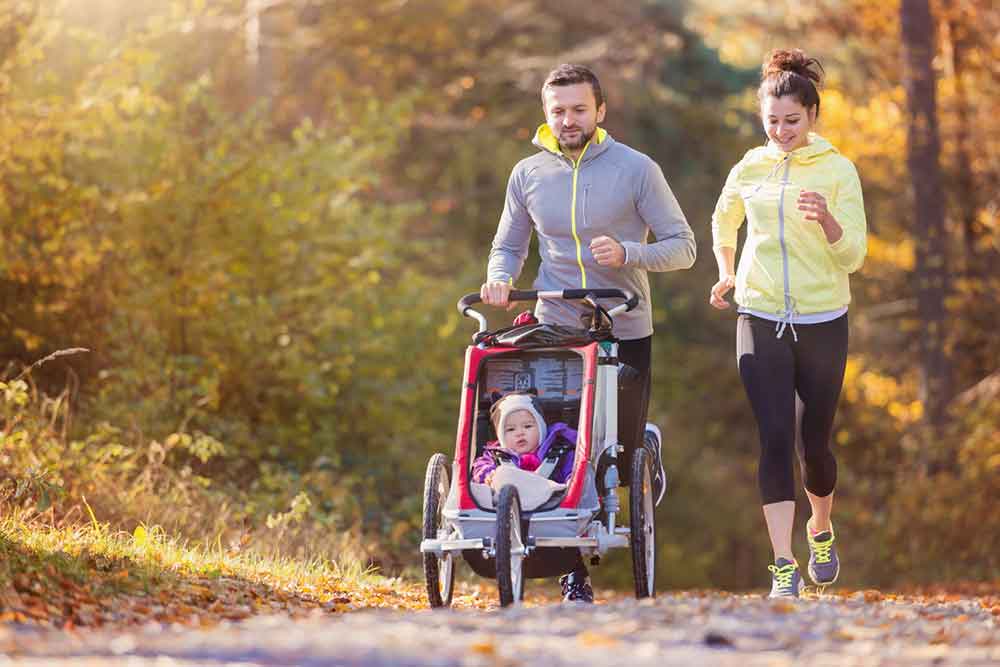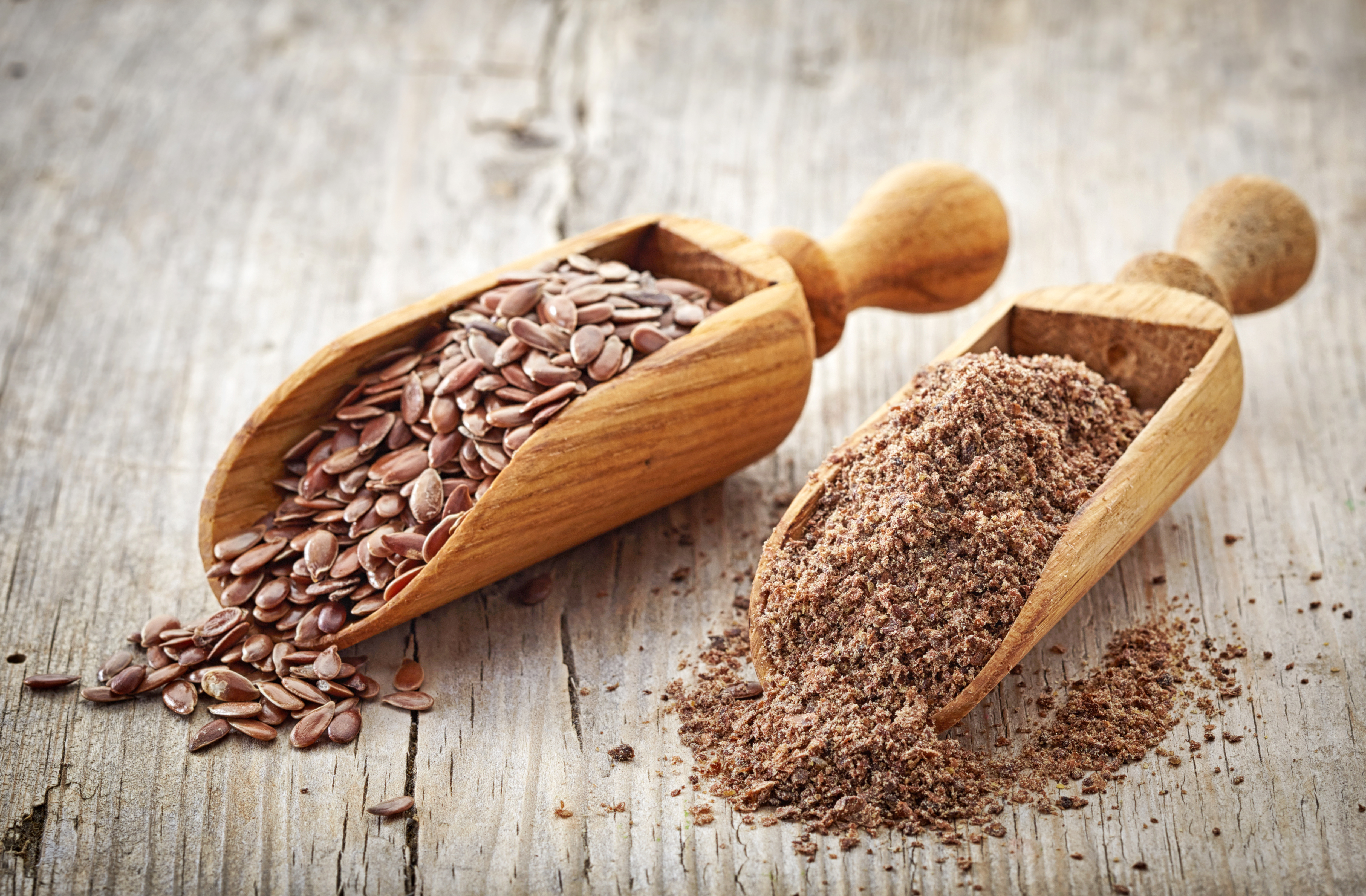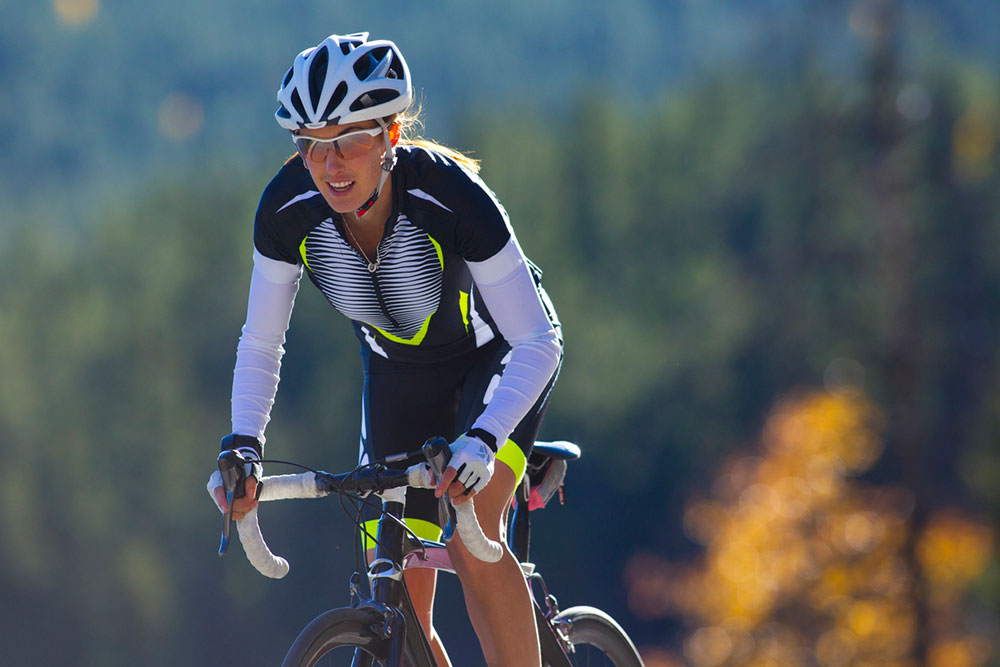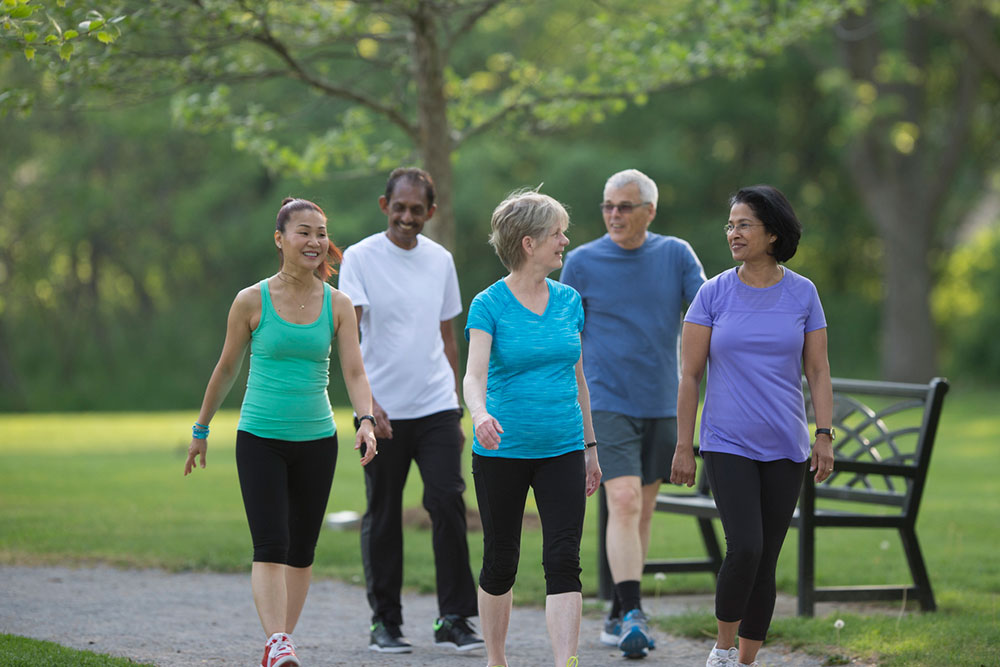How to Live Longer: What You Need to Know

Ah, the age-old question: “how to live longer?”
Something that has plagued our society since the dawn of time. Seriously, it appears as if we have forever been searching for the fountain of youth. Constantly looking for ways to extend our lifespan, and in doing so spend a few more years on this amazing planet we call home.
And for a very long time, we had very few answers.
Until now, that is.
See, over the last decade we have seen a huge amount of research exploring how we can live longer – and the results have been interesting to say the least. To put it simply, it appears to come down to a combination of two very important factors.
Lifestyle and genetics.
How does your lifestyle play a role in longevity?
This entire section should really come as no surprise to any of you. I mean seriously, as if you couldn’t have guessed that your lifestyle will have a direct impact on your life expectancy.
That’s why you all exercise often and eat well, right?
To summaries it briefly, there is a growing body of research clearly demonstrating that those people who have healthier lifestyles tend to live longer than those who do not.
And what do I mean by a “healthier lifestyle?”
Essentially, I am referring to a combination of diet and exercise (Larsson, 2017).
How does diet affect life expectancy?
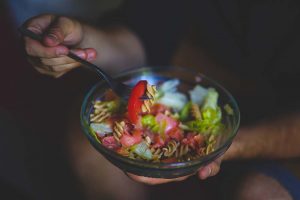 When it comes to enhancing longevity though lifestyle factors, diet should be your first point of call – but just how does it affect life expectancy?
When it comes to enhancing longevity though lifestyle factors, diet should be your first point of call – but just how does it affect life expectancy?
Well, the answer is not a super simple one.
Although just to be clear, the reason I wouldn’t describe it as simple is not because the concepts are all that complex, but rather because there are different ways that both what and how you eat can impact your longevity (Fontana, 2015).
First and foremost, eating too much (and too often) has been shown to have a seriously negative effect on your life expectancy.
This is predominantly because eating too much greatly increases weight accumulation. Over time, this can lead to an increase in inflammation, as well as a heightened risk of both cardiovascular and metabolic disease. All of which have the capacity to damage your cells, thus accelerating the aging process.
Secondly, eating inadequate nutrients can lead to reductions in cell function and cell health. Over time, this has been shown to contribute to the onset of age-related diseases and age-related declines in mental and physical capacity.
So, the key here is to make sure you eat all your vegetables (grandma was right, as always…).
Finally, there is also evidence to suggest that implementing periods of prolonged fasting (fasts that last 2-5 days in length) 2-3 times per year increases a process known as autophagy. This amazing process describes when your body breaks down old and damaged cells, to allow the creation of new healthy cells.
This process is though to play a very important role in reducing the risk of age-related declines in health and function, which will obviously keep you living longer in the process!
How does exercise play a role in your longevity?
Now, when we are talking about exercise and life expectancy, things are not quite as clear cut (Gremeaux, 2012).
See, the aging process is often typified by several physical changes. These include a loss of aerobic fitness, muscular strength, muscular endurance, and lung capacity, as well as declines in neuromuscular control, balance, and coordination.
Over time these declines result in both an increased risk of disease and illness, and an inability to function effectively on a daily basis. As I am sure you can imagine, this can make you more susceptible to the onset of many disease, while also causing a substantial reduction in your quality of life.
With this in mind, exercise and longevity statistics would suggest that regular physical activity is associated with a 30% reduction in what is known as ‘all-cause mortality’ (AKA death…) – completely irrespective of your age, occupation, gender, and ethnicity.
I should note that although 30% does sound like a whole lot, it needs to be taken in consideration with several other factors (including both your diet and your genetic makeup). So, if you are wondering “how many years does exercise add to your life”, you might be surprised to find that this will equate to somewhere between 1 and 5 years.
In saying that, if exercise offers me the opportunity to spend another five years with my friends and family, I am going to take it with both hands – and I am sure you would too.
What type of exercise is best for longevity?
 Before we dive into how genes can affect longevity, I wanted to first describe the types of exercise that appear to be the best when it comes to getting you living longer. And as I am sure you could have guessed, it isn’t limited to just one (Pedersen, 2019).
Before we dive into how genes can affect longevity, I wanted to first describe the types of exercise that appear to be the best when it comes to getting you living longer. And as I am sure you could have guessed, it isn’t limited to just one (Pedersen, 2019).
In fact, it appears that a combination of both cardiovascular exercise and resistance training will offer you the most bang for your buck.
As most exercise guidelines recommend, achieving a minimum of 150 minutes of cardiovascular exercise per week appears to have an immediate impact on longevity. However, it is important to note that this effect is increased the more exercise you perform.
This really suggests that if you want to live as long as you possibly can, you should strive for a bit more if you have the time available.
Additionally, resistance training offers the perfect fix to many of the functional declines that occur with advanced age. This means that it can stave off any of the nasty age-related losses in strength, endurance, and coordination that come with reduced longevity.
In this manner, the inclusion of 2-3 weights training sessions per week will go a very long way to not only getting you living longer, but also ensuring that you maintain your independence in the process.
How do your genes play a role in longevity?
So, you now have a good understanding of how your lifestyle can impact your longevity – but what about your genes and life expectancy?
The study of human genes is still what many would consider to be a ‘developing science’. While there have been great strides forward in the realm of genetic testing, we are currently unable to determine with certainty what genes are entirely responsible for specific outcomes.
This ultimately comes down to the fact that it is highly unlikely that any one gene will ever be individually responsible for the onset of a certain disease, or a specific change in your body – it is much more likely that this is dictated by the way several genes interact with one another.
However, that does not mean that we haven’t established that genes do indeed play a role in longevity (Martin, 2007; Sebastiani, 2017).
In fact, it has been estimated that around 25% of the variation in human lifespan may be dictated by specific genetic factors – and this is because there are certain genes that are what we consider to be protective genes.
What are protective genes?
Protective genes are very much what they sound like – genes that protect the human body against the onset of certain diseases.
It should note that these genes are not necessarily unique as they are found in every human on the planet. However, the key thing to acknowledge here is that their structure can be slightly different among individuals, which in turn impacts their function.
Consequently, research has shown that those individuals who live longer are much more likely to contain specific variations of three distinct genes:
- APOE
- FOXO3
- CETP
Again, it is important to state that these specific gene variations are not found in all individuals with exceptional longevity – and this is because it is highly likely that different genes will work together to increase longevity, rather than it being dependent on these three specific genes.
How longevity genes can offset disease
You might be wondering how in the world can these genetic variations offset disease and increase longevity – and the answer is pretty damn interesting (Wei, 2017).
See, these genes play a key role in the maintenance and function of all your cells. This means that they facilitate DNA repair, while also preventing the harmful oxidative damage caused by free radicals throughout your body.
They also enhance the regulation of your blood cholesterol levels, reduce inflammation throughout your entire body, boost the health of your cardiovascular system, and promote good immune system function.
Collectively, these effects essentially keep your body functioning at a high level for longer, while simultaneously reducing your risk of developing those key disease and illness that contribute to early mortality – all of which leads to increasing longevity.
Pretty cool, right?
Is there a gene test to help determine your protective genes?
 Now, can you test for protective genes?
Now, can you test for protective genes?
In short, yes you can.
With the rapid increase in genetic testing technology, gene testing has become extremely commonplace. In fact, there are a now several private companies that offer high quality genetic tests at an affordable rate.
These tests can give you a whole lot of information on what genes you carry, what diseases you may be predisposed too, and even what lifestyle factors you may need to make to optimize health in accordance with your individual genetic makeup.
We really are living in the future!
Some of the most well-known genetic testing companies include:
I should note that while these three companies are some of the more popular options, they are not the only ones that exist – so you are obviously more than welcome to do your own research and find those tests that you think are best for you.
At what age do your genes have more impact than your lifestyle?
When it comes to this rather interesting topic, it is common to hear people ask about longevity genetics vs lifestyle – as in, is one better than the other?
But this isn’t really how it works.
See, your genes dictate how your body responds your environment. If you have the specific genetic variations mentioned above, that does not mean that you will live to 100 years of age if your lifestyle is rubbish.
It simply means that if you optimize your lifestyle, then you are going to be more likely to live a longer life than someone without those genetic variations.
Makes sense?
Similarly, even if you don’t have those specific genetic variations, it does not mean that you will not live a long time if you live a healthy life. In fact, I would argue that living a healthy lifestyle is the most important thing you can do, because it is the only one you can change.
Having good genes is just a bonus.
With this in mind, your genes and lifestyle will collaborate across your lifespan to either add or subtract years from your life, depending on how you choose to live it.
And the choice is up to you… which leads us to our final point quite nicely.
The best fundamental tips on living a healthy lifestyle
As I outlined above, maintaining a healthy lifestyle is going to be the best thing you can do to increase your life expectancy and maximize your longevity. Which is why I have put together my top tips on living a healthy life.
Seriously, if you stick to these, then you are going to have a very good chance of living a long and healthy life irrespective of your genetic makeup:
- Perform around 250 minutes of low to moderate intensity aerobic exercise per week (I would encourage you to break this up over all 7 days).
- Get in at least 2 solid gym sessions per week.
- Do not smoke… like, ever.
- Keep your alcohol consumption to a minimum and avoid drinking to excess.
- Eat a diet that is rich in healthy fats, green vegetables, and lean meats.
- Avoid highly processed carbohydrates and sugary beverages.
- Get 8 hours of sleep per night.
- Implement 2-3 prolonged fasts (of 3-5 days duration) per year.
I certainly appreciate that some of these are easier said than done, but even adhering to 3 or 4 of them is going to put you in a much better spot than most of the population.
And if you stick to them all? Well, who knows what will happen!
Take Home Message
Living longer is far from an exact science. But we do know with certainty that your lifestyle choices do play a massive role in getting you living longer. Within this, your genetic makeup can also have an obvious influence, in which certain genes can better protect you from poor lifestyle behaviors.
Using the tips outlined in this article you can optimize your lifestyle, and add years to your life in the process – which is a pretty good deal if you ask me!
References
Larsson, S. C., J. Kaluza, and Alicja Wolk. “Combined impact of healthy lifestyle factors on lifespan: two prospective cohorts.” Journal of internal medicine 282.3 (2017): 209-219.
Fontana, Luigi, and Linda Partridge. “Promoting health and longevity through diet: from model organisms to humans.” Cell 161.1 (2015): 106-118.
Gremeaux, Vincent, et al. “Exercise and longevity.” Maturitas 73.4 (2012): 312-317.
Pedersen, Bente Klarlund. “Which type of exercise keeps you young?.” Current Opinion in Clinical Nutrition & Metabolic Care 22.2 (2019): 167-173.
Martin, George M., Aviv Bergman, and Nir Barzilai. “Genetic determinants of human health span and life span: progress and new opportunities.” PLoS genetics 3.7 (2007): e125.
Sebastiani, Paola, et al. “Four genome-wide association studies identify new extreme longevity variants.” Journals of Gerontology Series A: Biomedical Sciences and Medical Sciences 72.11 (2017): 1453-1464.
Wei, Min, et al. “Fasting-mimicking diet and markers/risk factors for aging, diabetes, cancer, and cardiovascular disease.” Science translational medicine 9.377 (2017): eaai8700.
You Might Like:























